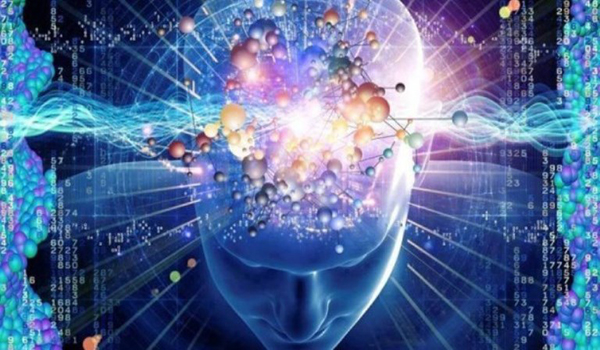Martedì 10 ottobre alle ore 14.30 in aula U6-21 nell’edificio U6 in Piazza dell’Ateneo Nuovo 1 a Milano si terrà un seminario organizzato dal Dipartimento di Psicologia sulle basi neurofisiologiche della tDCS, con dati da modelli animali e derivati dalla sua applicazione per la riabilitazione della funzione motoria.
La partecipazione è aperta a tutti gli interessati.
Di sotto gli short-abstracts delle due speakers, che dirigono il Neuroplasticity and Neuromodulation lab, Dept. of Neurology, University Medical Center Freiburg, Germany.
- Modulation of motor (re)learning by noninvasive electrical brain stimulation
Dr. Janine Reis
Physiological aging and neurological conditions can significantly impair cognitive and motor functions. One strategy to prevent or counteract motor deficits is training. Moreover, noninvasive brain stimulation can facilitate motor learning. To optimally combine these two approaches, it is necessary to better understand their interaction with factors modulating a person’s intrinsic neuroplasticity. This talk will provide insight into the behavioral and electrophysiological correlates of such interaction in healthy subjects and patients suffering from stroke.
- Neuromodulation by tDCS – a deeper insight into the mechanisms derived from animal models
Dr. Brita Fritsch
Exploration of mechanisms underlying tDCS effects in humans is naturally limited. Building on the data presented by Dr. Reis, this talk will extend the presented findings to animal models of tDCS and motor learning. tDCS mediated excitability modulation and effects on intrinsic plasticity are discerned. A deeper insight into the mechanisms of tDCS effects on intrinsic plasticity is presented ranging from effects on functional and structural synaptic plasticity to effects on non-neuronal cells.

